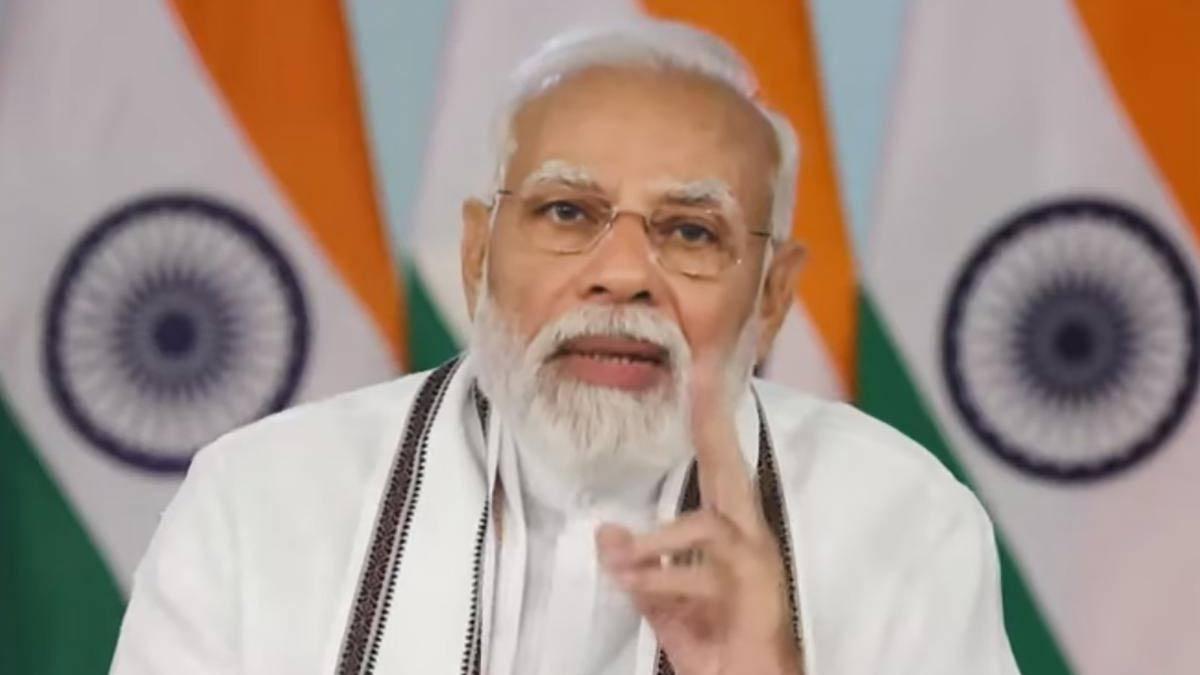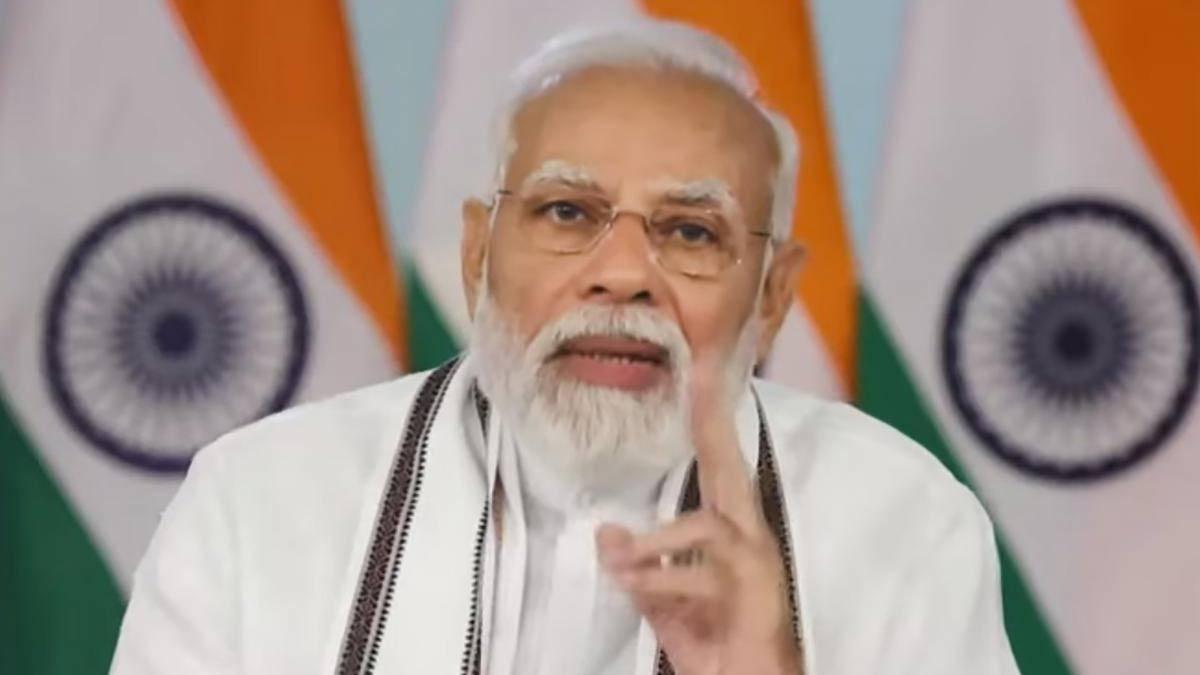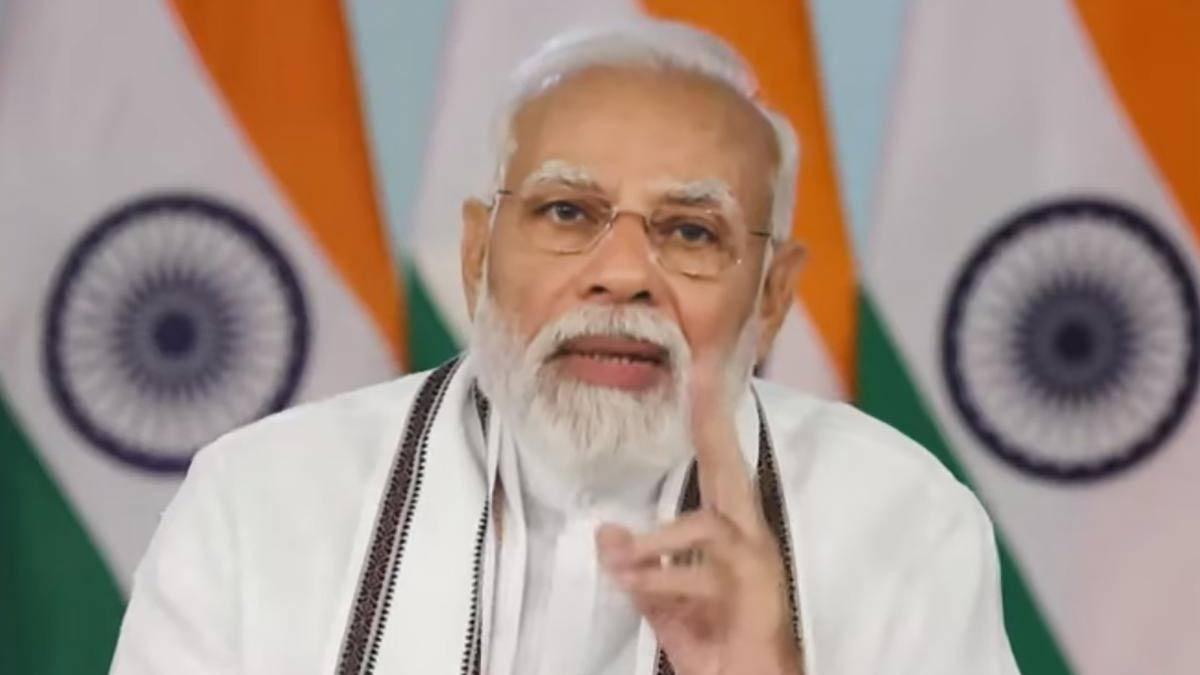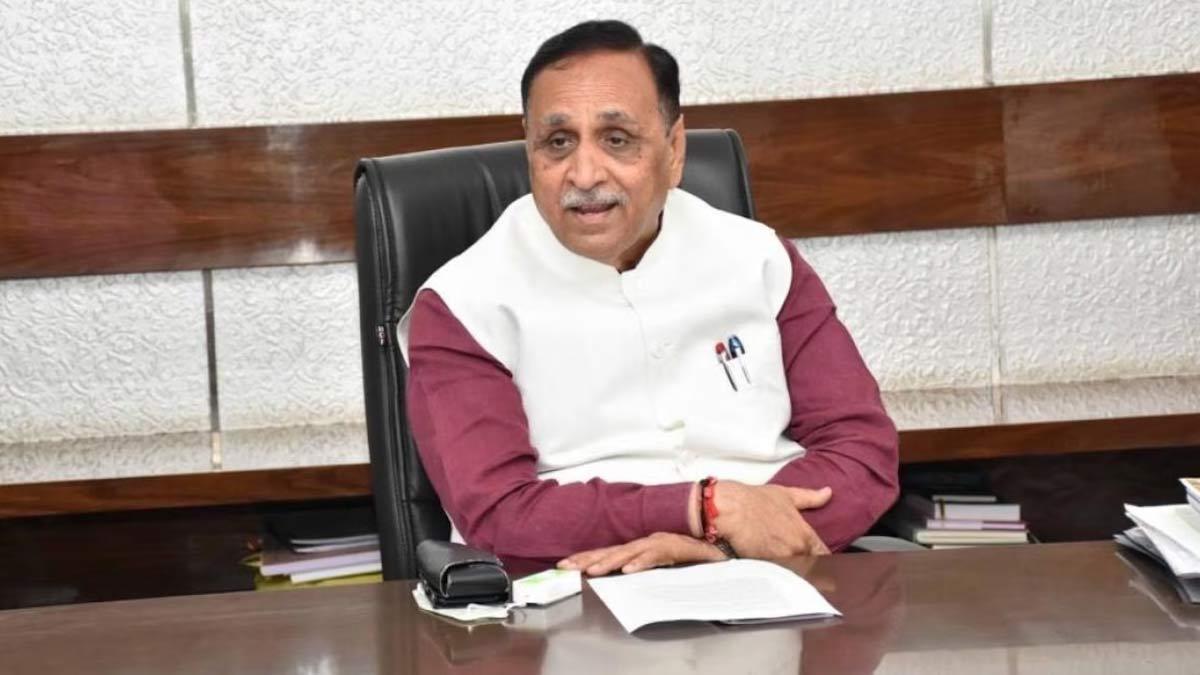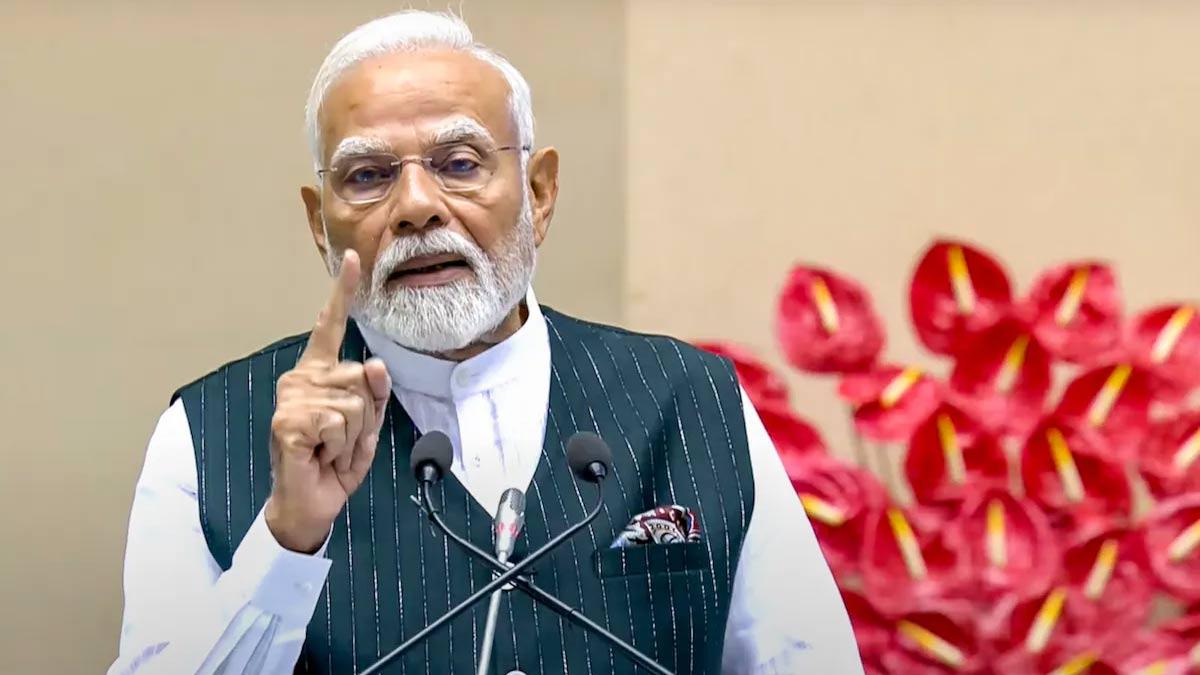In a tough and high-level crisis meeting, Prime Minister Narendra Modi issued a strong message: India will strike back hard at terrorism.
Speaking to the country's highest-ranking security officials, PM Modi had rock-solid confidence in the Indian Armed Forces and granted them complete freedom to determine the "mode, targets, and timing" of their counter-attacks against threats emanating from across the border in Pakistan.
"India is determined to give terrorism a crushing blow," government sources credited the Prime Minister, initiating what appears to be a far-reaching retaliatory operation in the pipeline.
The fiery statement follows the heinous Pahalgam massacre, where 26 civilians—majority tourists—tragically lost their lives. With the nation still mourning, anticipation builds on India's next step, many believing could radically transform the play on the ground.
The emergency meeting, characterized by its gravity and urgency, was convened with Defence Minister Rajnath Singh, National Security Advisor Ajit Doval, and the Chiefs of the Army, Navy, and Air Force present. Convened only a few days after the Pahalgam tragedy, the meeting conveyed a clear message of action to be taken.
The central issue of debate was a precise examination of current intelligence and an in-depth examination of military plans to break cross-border terror groups. With entities like Lashkar-e-Taiba in its sights, the leadership is accused of developing a targeted plan to strike back against those responsible—and those who are funding them.
In response, India has bolstered military vigilance, especially along the Line of Control and at the Pakistan border. Unmanned aerial drones, satellite imagery, and electronic monitoring are being used to track militant hideouts in PoK.
The government has also made a series of firm countermeasures, including suspending the Indus Waters Treaty and revoking short-term visas granted to Pakistani citizens. PM Modi had earlier promised to chase down every terrorist and their sponsors "to the ends of the earth."
Tuesday's high-level conference is being viewed across the board as the first tangible step in honoring that pledge, and now India is preparing for an unrelenting and aggressive backlash.
Though official information is still under wraps, the atmosphere in the capital is one of steel resolve. With eyes focusing on the minds behind the Pahalgam carnage, the country gears up for what might turn out to be a powerful demonstration of India's willpower. Action, it seems now, is no longer a question of "if," but "when.".
Read also| Union Cabinet to Convene on Wednesday, First Meeting Since April 22 Pahalgam Attack

